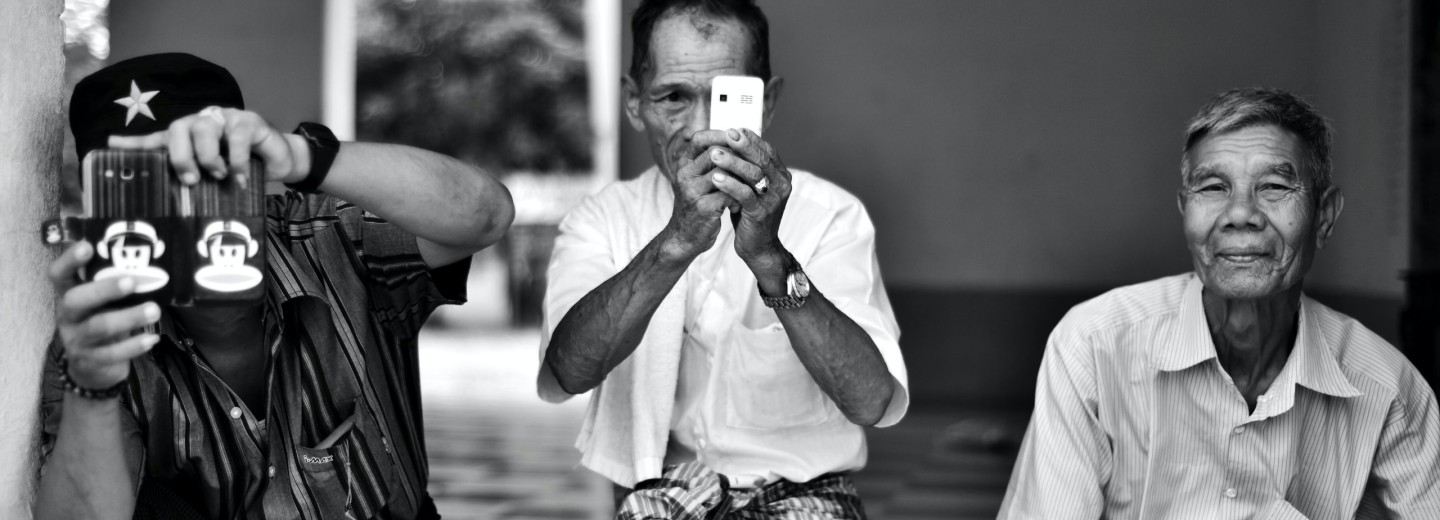AUTHENTICITY
One of the buzz words among the chattering classes of the part of London in which I now live, is ‘authenticity’. This, they believe, is a set of behaviours to which we should all subscribe. It is hard to achieve, however, because no-one quite knows exactly what ‘authenticity’ is. And if they claim to, their definitions vary widely. Ever curious, I have done some research.
Here is what Wikipedia – that fount of all knowledge – says: “Authenticity is a concept of personality in the fields of psychology, existential psychotherapy, existentialist philosophy, and aesthetics. In existentialism, authenticity is the degree to which a person’s actions are congruent with his or her values and desires, despite external pressures to social conformity. The conscious Self comes to terms with the condition of Geworfenheit, of having been thrown into an absurd world (without values and without meaning) not of his or her own making, thereby encountering external forces and influences different from and other than the Self. In human relations, a person’s lack of authenticity is considered bad faith in dealing with other people and with oneself; thus, authenticity is in the instruction of the Oracle of Delphi: “Know thyself.”
So that’s clear then. All good so far. But what do we have to do? This diagram will help, surely?
Personal branding
Right…I see now. It’s a marketing tool for your brand! The writer says:
Hurrah! I can get rid of my tie, and I’ll be truly authentic.
But wait – Tanveer Naseer writes:
Er, sorry Tanveer, but what’s the difference? Maybe Yale University has the answer:
Hmm. That kind of makes my point!
The real stuff
I am encouraged by ‘Intelligence.com’. Here are things I can do:
And this means?
1. Acceptance – The better we know and love our authentic selves, the less inclined we become to pass judgement on others.
2. Integrity – An authentic person will always choose to live by their values – even when the decision to do so is controversial or unpopular.
3. Courage – Authentic living requires a surprising amount of personal courage.
4. Forgiveness – People who live their lives with a great deal of authenticity tend to forgive themselves and others more easily.
5. Introspection – A lack of self-reflection can be the greatest barrier to authenticity.
And, in bold: Your identity is all you truly have. Don’t give control of it to society, cultural expectations, or even your loved ones. Take charge of who you are. Own it. Embark on the adventure of discovering your true self.
Right. Good. Got it now….except – here is another version:
- Be True to Yourself
- Think Inward, Look Outward
- The Way You Treat People (Kindness and Respect)
- Live in the Moment and Be a Great Listener
- Open-Mindedness and Fairness to Opportunities and People
At least this writer is thinking a bit about others and not just about oneself. Being kind and fair also appeals to me.
I love Marcus Aurelius, the thinking person’s Roman Emperor: “the true self is the rational faculty within the person. It is the element within us which follows Reason, which sees the larger perspective on things, thinks calmly, undisturbed by emotions, free from emotional attachment and the influence of others. When we follow this inner guide, we are true to our human nature, and are in harmony with the Logos that rules the Cosmos.”
Wow!
Be careful what you wish for
There are risks to trying to be authentic. Prospect Magazine’s Daniel Calcut writes:
Conclusion
This has been a light-hearted look at a subject many take very seriously. As with most ideas, each of us picks the one that appeals to us the most. It is ironic that the wave of ‘authenticity’ may tempt us into trying to be something we do not need or choose to be – authentic. Perhaps by NOT trying to be ‘authentic’ we are, in fact, truly being so!
Worked on the article:

Wanlikhang






